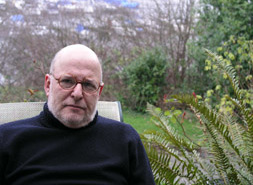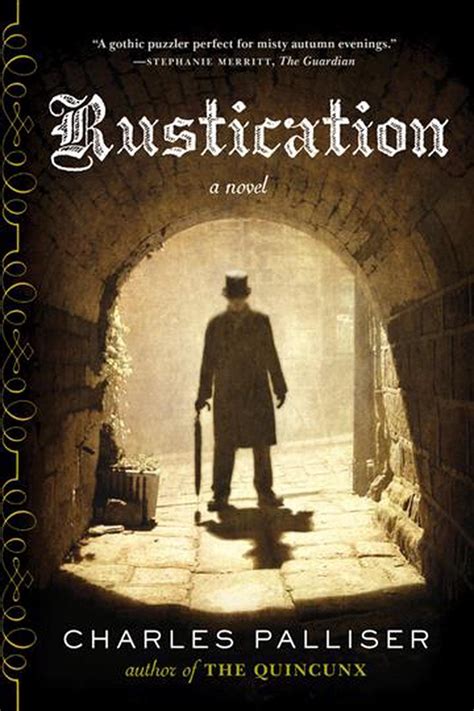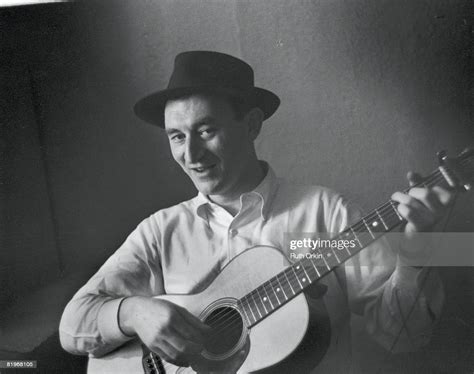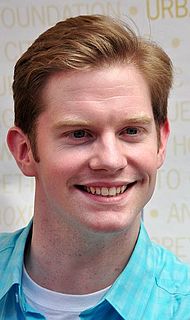A Quote by Michael Gruber
I thought I would write non-fiction. I thought I would enter the New York literary scene as copy editor, work my way up, and then write my own books.
Related Quotes
I had a lot of great lakes of ignorance that I was up against, I would write what I knew in almost like islands that were rising up out of the oceans. Then I would take time off and read, sometimes for months, then I would write more of what I knew, and saw what I could see, as much as the story as I could see. And then at a certain point I had to write out what I thought was the plot because it was so hard to keep it all together in my head. And then I started to write in a more linear way.
I write fiction longhand. That's not so much about rejecting technology as being unable to write fiction on a computer for some reason. I don't think I would write it on a typewriter either. I write in a very blind gut instinctive way. It just doesn't feel right. There's a physical connection. And then in nonfiction that's not the case at all. I can't even imagine writing nonfiction by hand.
What do you have in mind after you graduate?" What I always thought I had in mind was getting some big scholarship to graduate school or a grant to study all over Europe, and then I thought I'd be a professor and write books of poems or write books of poems and be an editor of some sort. Usually I had these plans on the tip of my tongue. "I don't really know," I heard myself say. I felt a deep shock, hearing myself say that, because the minute I said it, I knew it was true.
I've always thought Harper Lee might have made a great decision. Much as you'd like to have more books by her, there's something about just one that's kind of mysterious and nice. On the other hand, the New York gossip about me was that I'd never write another book. So I thought, 'Well, I will then.'
I've always thought Harper Lee might have made a great decision. Much as you'd like to have more books by her, there's something about just one that's kind of mysterious and nice. On the other hand, the New York gossip about me was that I'd never write another book. So I thought, 'Well, I will then.
I write my first draft by hand, at least for fiction. For non-fiction, I write happily on a computer, but for fiction I write by hand, because I'm trying to achieve a kind of thoughtless state, or an unconscious instinctive state. I'm not reading what I write when I wrote. It's an unconscious outpouring that's a mess, and it's many, many steps away from anything anyone would want to read. Creating that way seems to generate the most interesting material for me to work with, though.
I didn't think [Ella Enchanted] would get published. Everything I'd written till then had been rejected. If it was published, I thought it might sell a few thousand copies and go out of print. I thought if I was lucky I could write more books and get them published, too. I still pinch myself over the way things have worked out.
Parker wasn't supposed to be a series. He was supposed to be one book, and if he was only going to be in one book, I didn't worry about it. And then an editor at Pocket Books said "Write more books about him." So I didn't go back at that point and give him a first name. If I'd known he would've been a series, I would've done two things differently. First, I would've given him a first name because that means for 27 books, I've had to find some other way to say, "Parker parked the car."

































